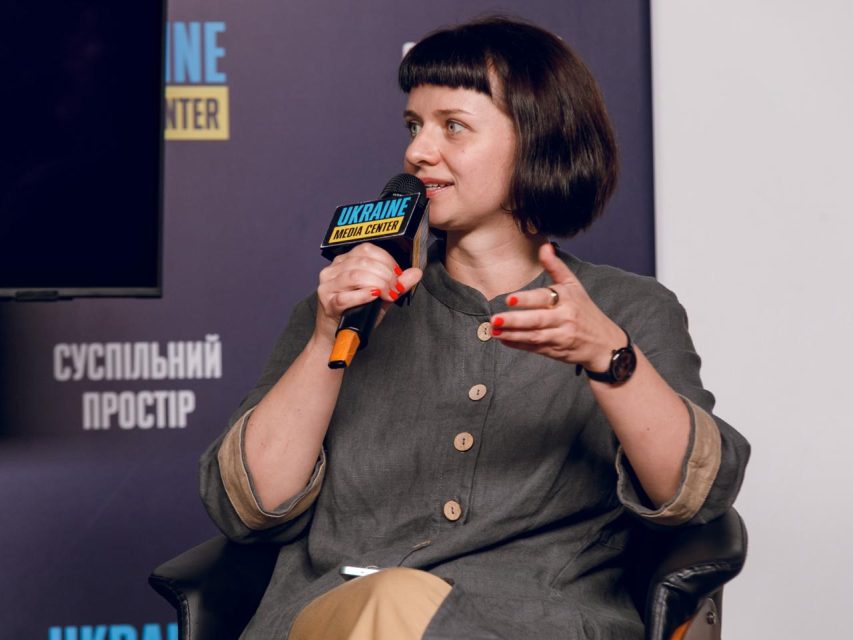
Changes to the NMT format are possible, but they must not restrict access to education – Tetiana Vakulenko
The Ukrainian Center for Educational Quality Assessment is open to potential changes in the National Multi-Subject Test (NMT), but emphasizes that any adjustments must carefully consider their impact on access to education, especially for vulnerable applicants.
Tetiana Vakulenko, Director of the Ukrainian Center for Educational Quality Assessment, emphasized this during a briefing at Media Center Ukraine.
“Of course, no assessment model is perfect. There is simply no such thing as a flawless, large-scale system. We are open to changes and to analyzing critical feedback. However, we must recognize that every innovation or modification could make the process more difficult for certain groups of applicants”, she explained.
Vakulenko noted that one of the most common criticisms of the NMT is its duration. Currently, test-takers work on tasks for up to four hours, which leads to decreased concentration by the end.
However, she cautioned that splitting the test into two sessions or days could create additional problems, especially for applicants from temporarily occupied territories or frontline regions, as well as for those living abroad.
“If we decide to split the assessment into two sessions, which is logistically possible, we must acknowledge that applicants from the Kherson, Donetsk, or Luhansk oblasts, as well as those living abroad, far from testing sites, may have difficulty attending twice. The stress that applicants now experience during a single day of testing from air raid sirens and attacks may be spread over two days. And if technical or security issues prevent the main session from running smoothly, or if the applicant is unable to finish it, an additional session will be necessary. That’s four days of these challenges,” Vakulenko noted.
She stressed that any reforms must balance assessment quality with accessibility for all.
“This means we risk reducing opportunities for applicants in extremely difficult circumstances to access higher education and to be a part of the Ukrainian education system – opportunities they deserve just as much as anyone else,” Vakulenko concluded.
Read more: https://mediacenter.org.ua/news
 Back
Back 